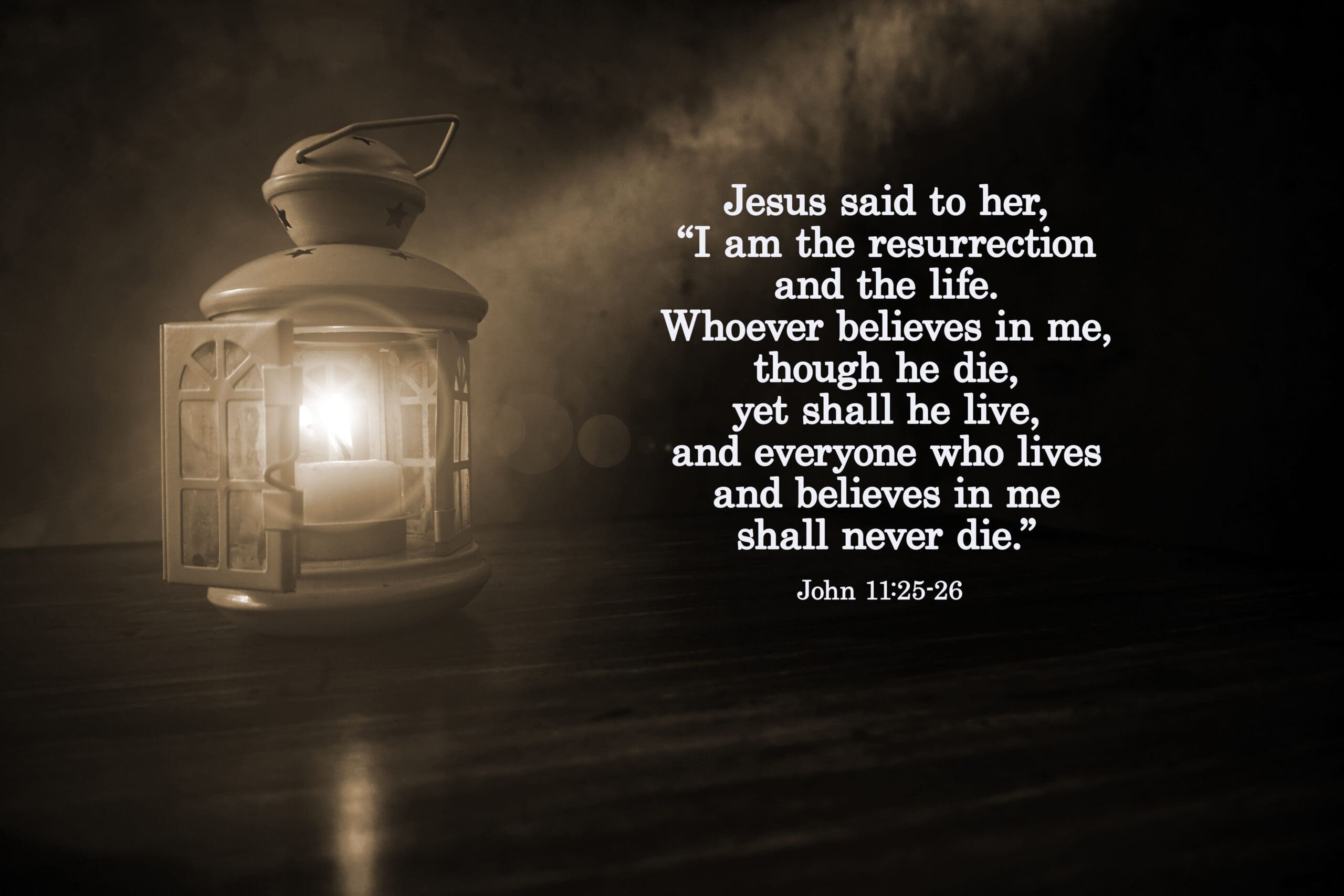While proper theology requires many counselors and careful thinking, Philosophical Theology is our attempt to engage with those who think rationally (or perhaps irrationally…lol) but struggle with basic biblical truths. The Bible emphasizes the importance of having many advisors (Proverbs 19:20) specifically because all knowledge proceeds from the known to the unknown.
Ever wondered what happens when human reasoning and theology meet for coffee? Welcome to Philosophical Theology, where we attempt to understand God using nothing but what all humans have in common—our reasoning capability. It’s like trying to explain why your dad’s jokes are funny… without using any jokes!
The Coffee Klatch: Why This Matters
Philosophical Theology is particularly useful when chatting with folks who don’t (yet) accept the Bible as authoritative. Think of it as finding common ground—like discovering you both love pizza, except in this case, it’s rational thinking.
Key Benefits (No Philosophy Degree Required):
- Creates common ground for dialogue with non-believers
- Shows Christianity isn't just for people who checked their brains at the church door
- Helps develop critical thinking skills (yes, even better than solving Sudoku!)
- Bridges the gap between faith and reason
The Balancing Act
Just like you wouldn’t use a hammer to brush your teeth, Philosophical Theology isn’t meant to replace Biblical authority. It’s more like training wheels for those beginning their journey toward truth. While human reasoning is valuable, it should complement, not override, divine revelation. God is a God of reason and gave humanity the ability to reason.
Our knowledge of Scripture grows as we apply what we know to what is still unknown to us. While we should remain open to changing our views when warranted by Scripture, we must approach Scripture with minds already influenced by God’s Word (Romans 12:1-2).
The Modern Mindset Challenge
In our current intellectual climate, where some folks believe A = B but struggle with basic Biblical truths, Philosophical Theology provides a crucial bridge. It helps us engage with both modernist skeptics who demand empirical evidence and postmodernist relativists who think truth is as personal as their coffee order.
Remember: The goal isn’t to win arguments but to win hearts. As your philosophy professor might say, “Why did the philosophical theologian cross the road? To engage in meaningful dialogue about the metaphysical implications of road-crossing with the chicken!”


